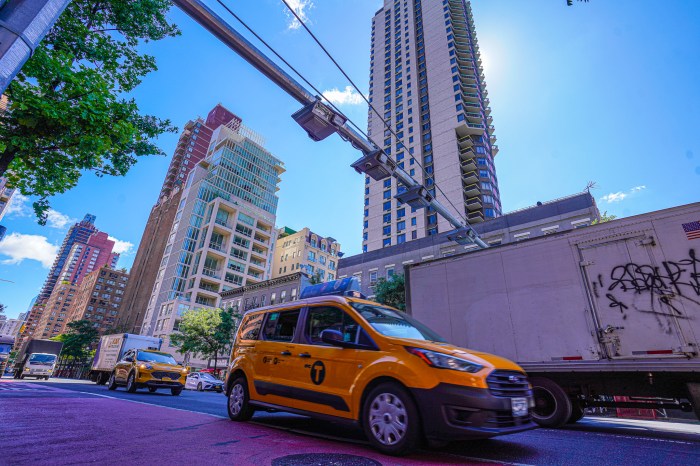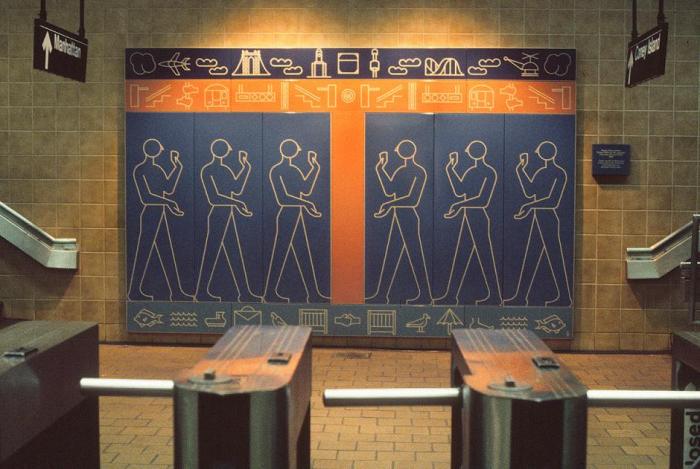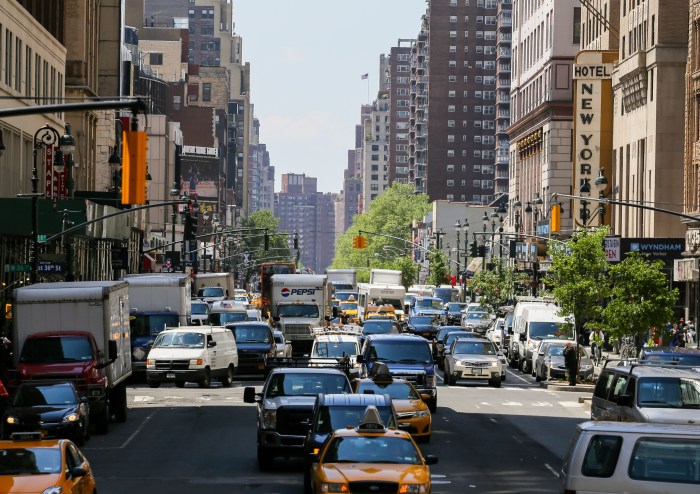
Transit advocates say subway riders can’t breathe easy yet on funding for the MTA’s capital plan — and could still face fare hikes and service cuts.
Groups like the Straphangers Campaign, the Riders Alliance, and the Tri-State Transportation Campaign criticized Gov. Andrew Cuomo for not giving the MTA fresh dollars in his proposed budget for the next year, following a promise of $8.3 billion for the capital plan.
That five-year plan funds big construction projects like bringing the LIRR to Grand Central as well as new subway cars and buses.
Next year’s state budget takes effect in April and has to be passed in March. There is an existing $1 billion in the budget carried over from this year, but no additional money has been appropriated.
“Gov. Cuomo has not backed up his promises with any new cash from the state. He says that the state will start funding the MTA capital plan years down the line, on a nonspecific time frame, after the MTA exhausts its other sources of revenue,” said John Raskin, the executive director of the Riders Alliance. “There’s a real risk that this money will never materialize if the state does not start investing now. This could translate into fare hikes or service cuts for transit riders.”
The state executive budget does commit the state to the full $8.3 billion for the MTA’s five-year capital plan, which runs until 2019. The city will also cover $2.5 billion, as part of its agreement with the state.
Cuomo administration officials, responding to the criticism from advocates, said the MTA does not need the state dollars yet, and that funding will kick in once the MTA has used its own resources.
The MTA plans to finance almost $6 billion of the capital plan with bonds, but needs the program to be approved to borrow that money. It will also spend $1.8 billion of its money from revenue such as fares and tolls and expects about $6 billion in federal funds.
A spokesman for the New York State Division of Budget said the language in the budget for the state’s commitment was “unambiguous and ironclad.”
The MTA also was confident that the funding was secure.
“From maintaining the system’s $1 trillion infrastructure to significant upgrades in existing service, and dramatic expansion to accommodate a fast growing ridership, the Capital Program represents the most significant upgrade in New York transit in history,” said spokesman John McKay in a statement.

































